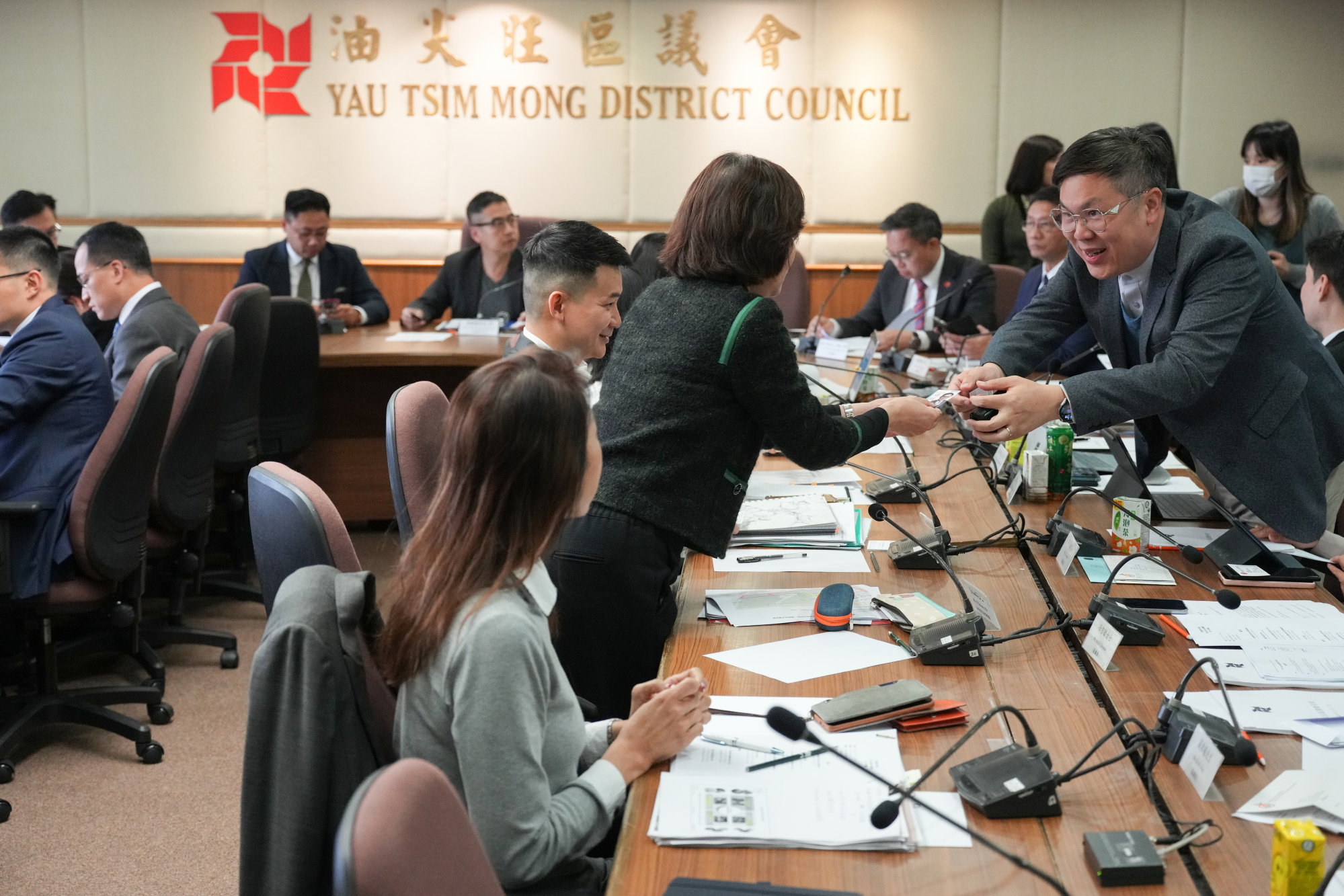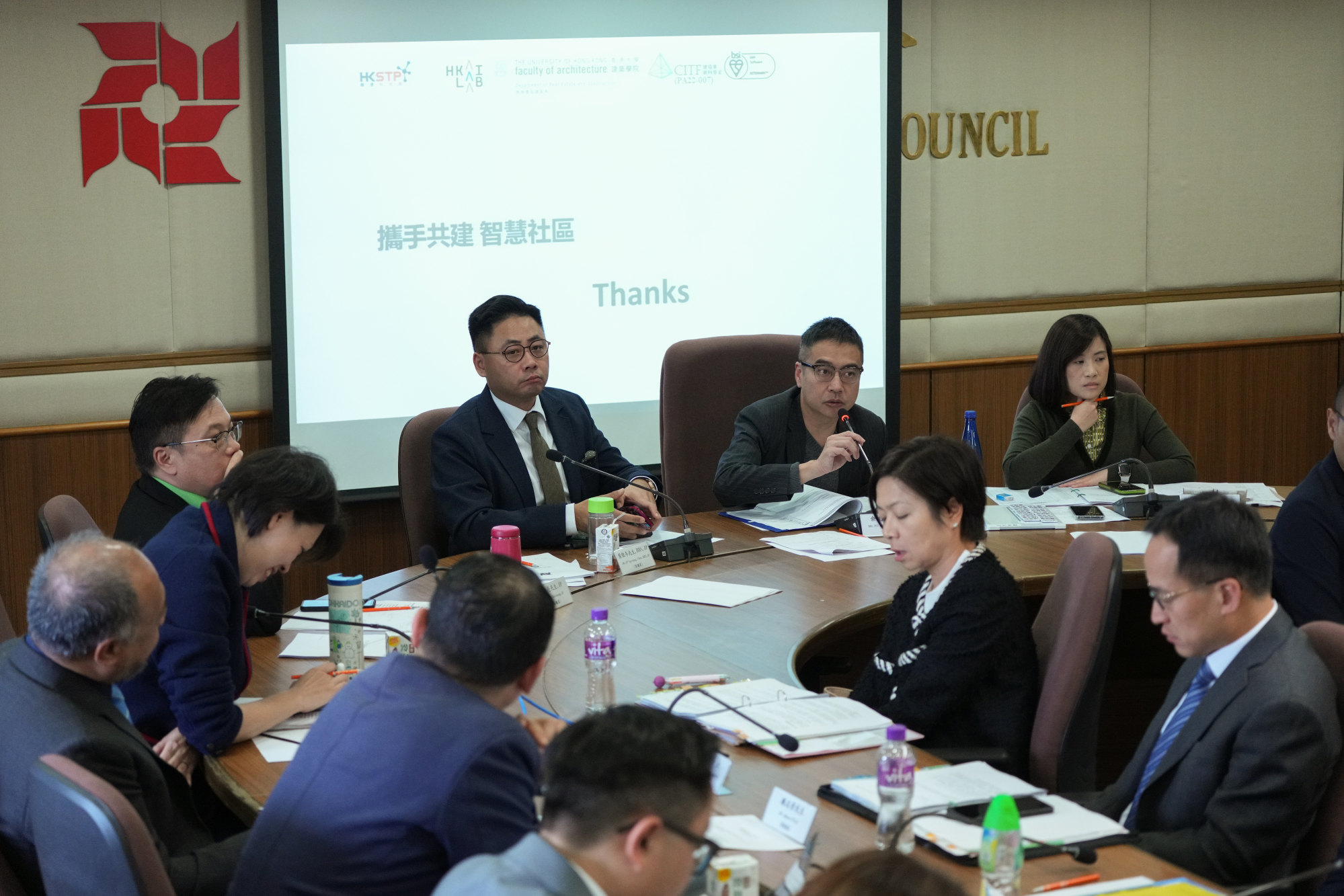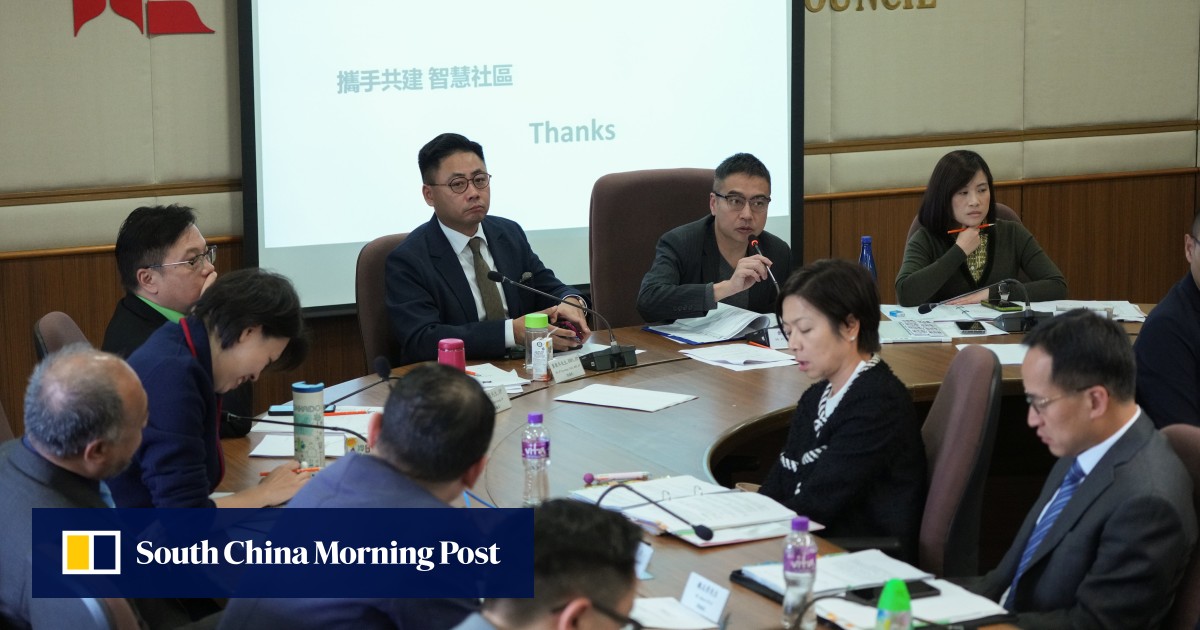“This venue is a traditional shopping area, so it is related to boosting the local economy,” Edward Yu Kin-Keung, district officer for Yau Tsim Mong, said at the meeting attended by 20 councillors.

Under the revamped system, the Home Affairs Department’s top official in each district has been empowered to preside over the respective councils.
Yu, now also the chairman of Yau Tsim Mong council, said they were also planning to invite international artists to place large-scale heart-shaped balloon installations in the district before Valentine’s Day and the Lantern Festival, or Chinese Valentine’s Day, to attract visitors.
Authorities are hoping to employ a “government, business and civic” partnership model to encourage residents and tourists to spend money in the district, according to a document from the department’s Yau Tsim Mong District Office.
District councillors were largely supportive of the plan, but some expressed concerns over the flow of people and potential law and order issues.
Hong Kong district councillors must back city’s own national security law: Lee
Hong Kong district councillors must back city’s own national security law: Lee
“There is the issue of traffic, which could affect how easy it is for people to reach places or even result in them getting trapped,” said Michelle Tang Ming-Sum, who was elected under the District Committee constituency.
District councillor Wong Kin-san, of the same constituency, said hawkers he had spoken to on Fa Yuen Street and at the Ladies’ Market supported government initiatives to boost the economy, but it was important for authorities to introduce policies that would help increase their business.
Wu Huntang, operator of an accessories stall at the night market on Fa Yuen Street, said the proposed initiatives seemed to only benefit one area rather than the entire district, urging the government to organise activities in a wider area.
The 40-year-old said he expected business to be bad during the Lunar New Year holiday, as people were likely to head overseas or to mainland China.
“We do not dare stock up on too many products, I really do not know what the situation will be like at Lunar New Year,” he said.

Another stall operator, a 47-year-old man surnamed Guok, said the planned measures would not boost his business, pointing to the weaker economy and people’s desire to travel elsewhere.
Council member Chris Ip Ngo-tung, who represents South Yau Tsim Mong, said Tuesday meeting was a “new experience”, adding that efficiency had improved with Yu as chairman.
“In the past, there were more political arguments or people speaking just so they could speak,” he said. “In this new district council term, there does not seem to be this issue.”
Hong Kong’s incoming district councillors ‘must attend 80% of meetings each year’
Hong Kong’s incoming district councillors ‘must attend 80% of meetings each year’
Ip, who lost his bid for re-election in 2019, also said the performance of the first-time councillors was good and that they were eager to speak at the meeting.
The electoral overhaul, which occurred after the opposition camp’s landslide victory in 2019, drastically reduced the number of directly elected seats and screened out all opposition hopefuls in the December poll.
The revised system reintroduced appointed members, with the chief executive selecting a portion of the municipal bodies’ members, some of whom were political newcomers.
The election in December saw a record-low turnout of 27.5 per cent despite the voting hours being extended to midnight due to a technical glitch.

